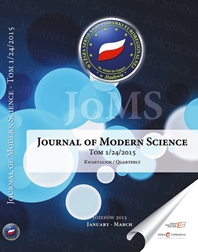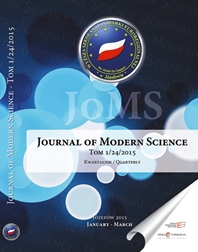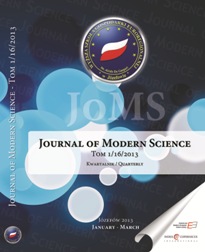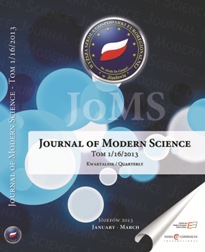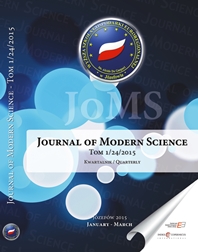
Avvocatura dello Stato – Rzecznik Generalny ds. ochrony praw i interesów państwa. Bezpieczeństwo ochrony praw i interesów państwa włoskiego.
Avvocatura dello Stato – The Attorney General for the protection of rights and interests of the state. Security of protection of the rights and interests of the Italian State The legal and institutional system of protection of the legal rights and interests existed on the Italian Peninsula before the Italian unification. The current system is based on the Royal Decree no 1611 from the year 1933. This decree was repeatedly amended and supplemented with the subsequent acts. The Advocate General is appointed by Presidential Decree. The Office’s headquarter is located in Rome. There are 25 District Avvocatures located in cities where the courts of appeal are seated. The Advocate General is the central authority of the state, not having constitutional legitimacy. The state lawyers, prosecutors and administrative staff are employed in this office. The main task of the Advocate General is to protect the rights and interests of public administrations and entities performing the tasks of the public sector. There are: local self-governments, professional self-governments and other bodies. The state lawyers have a legal power of attorney – ex lege – to represent these entities in civil proceedings in front of the general and arbitration courts and other judicial authorities. In addition, the Advocate General may provide legal advice for the public administration authorities and post legal opinions for them.
More...
